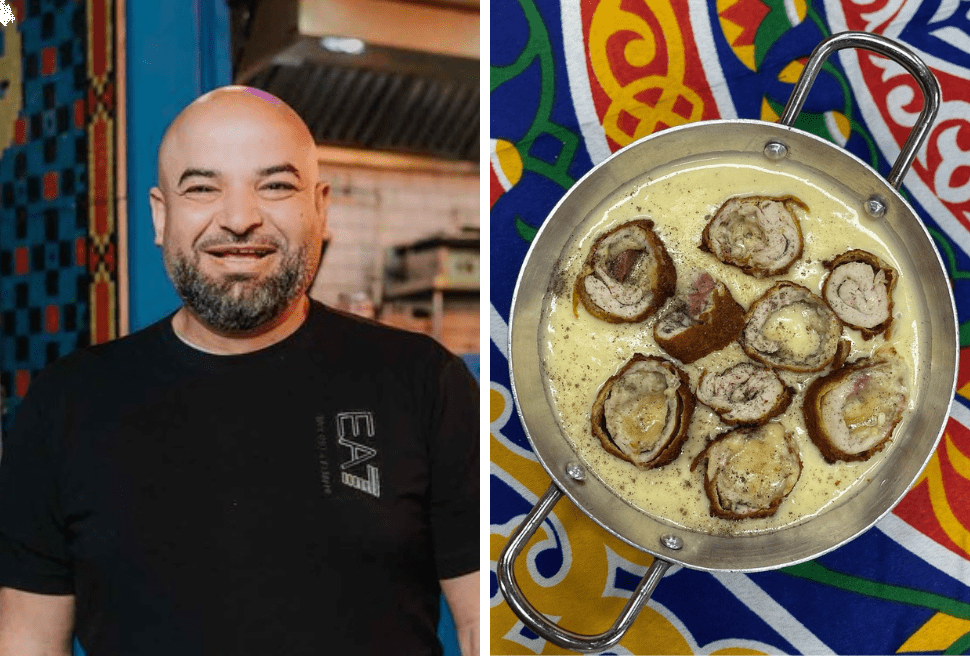From dishwasher in American diners to successful chef in Egypt, Moustafa Elrefaey has gradually focused on his country's gastronomic identity, to the point of enlisting a scientist to decipher recipes on hieroglyphics in order to create their modern interpretations.
The story
At the second edition of the 50 Best for the Middle East and North Africa, Moustafa Elrefaey, winner of the Estrella Damm award, the only chef voted for by other chefs, took the stage, proving wrong the Egyptian saying “the beggar does not like the other beggars.” He leads a restaurant group called Zooba, with ten locations concentrated in Egypt, but also reaching the United States and Saudi Arabia. A success that has changed the Arab gastronomic scene.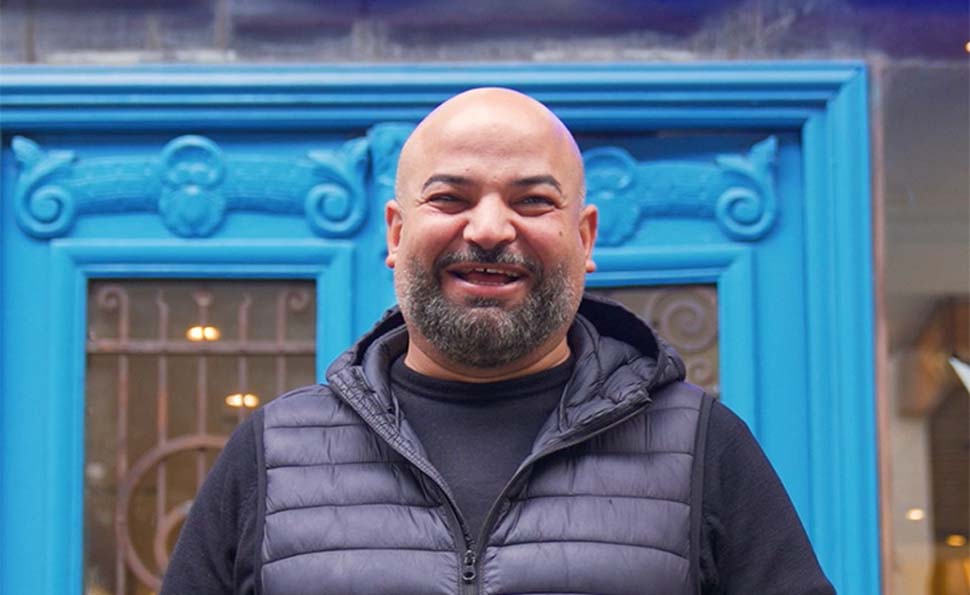
Born in a small town north of Cairo, Elrefaey has humble origins. "We lived with my grandmother, who had a rather primitive kitchen. But we ate well. She used to bake ten or twelve kinds of bread a day, everything cooked over coal in ancient stoves. She was completely self-sufficient: we had cows to milk every morning, a chicken coop for eggs and a vegetable plot. I took this idyllic life completely for granted, thought it was the same as everyone's and I was convinced it would last forever. But when my grandmother turned 95, everything changed. The desire to move and experience a different life arose in me.”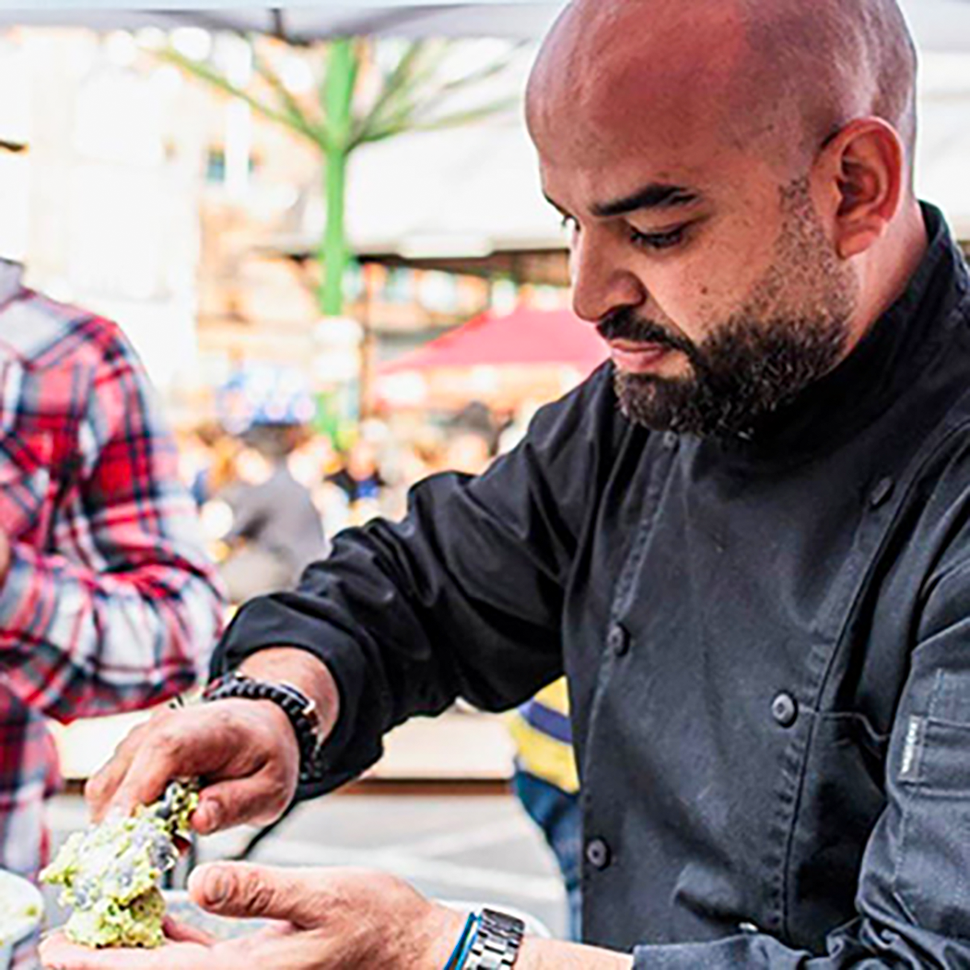
So, he decided to move with his family to Michigan in the early 1990s and there he encountered the restaurant business. Within ten years, he was a chef in famous restaurants and a lecturer at prestigious culinary institutes. "I washed mountains of dishes. I spoke English badly and realised quickly that I was at the bottom of the restaurant ladder. Whoever entered the restaurant would greet everyone but me. I was always the one working with the trash. No one recognised who I was or what I did, although a woman would occasionally come over to bring me coffee and chat. It meant a lot to me”. It was then that he made a double commitment to himself: to become a chef and to always respect the humble. A promise he has kept. Dishwashers and waiters are the first ones he greets in his restaurants and he is socially active by integrating refugees, and employing disadvantaged people, as well as sharing knowledge.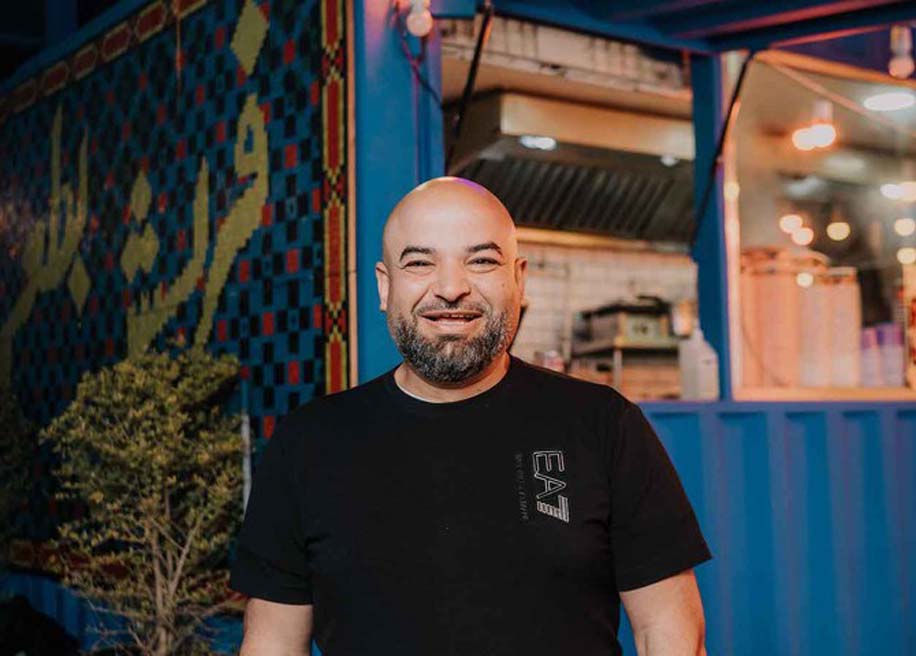 @Supplied
@Supplied
When his father fell ill in 2009, however, Elrefaey returned to his homeland and rediscovered the flavors of Egyptian cuisine, after years of cooking American and European dishes, a fine dining restaurant opened in Sheik Zayed City, and he found himself back to back with Gordon Ramsay in the kitchen. However, international cuisine did not satisfy him, especially after the 2011 revolution. So Elrefaey began digging into his taste memory, marked by his grandmother's imprinting. “It struck me how Egyptian cuisine was not on the map. I was ashamed to have endorsed French and Italian cuisine, without ever having worked in an Egyptian restaurant”.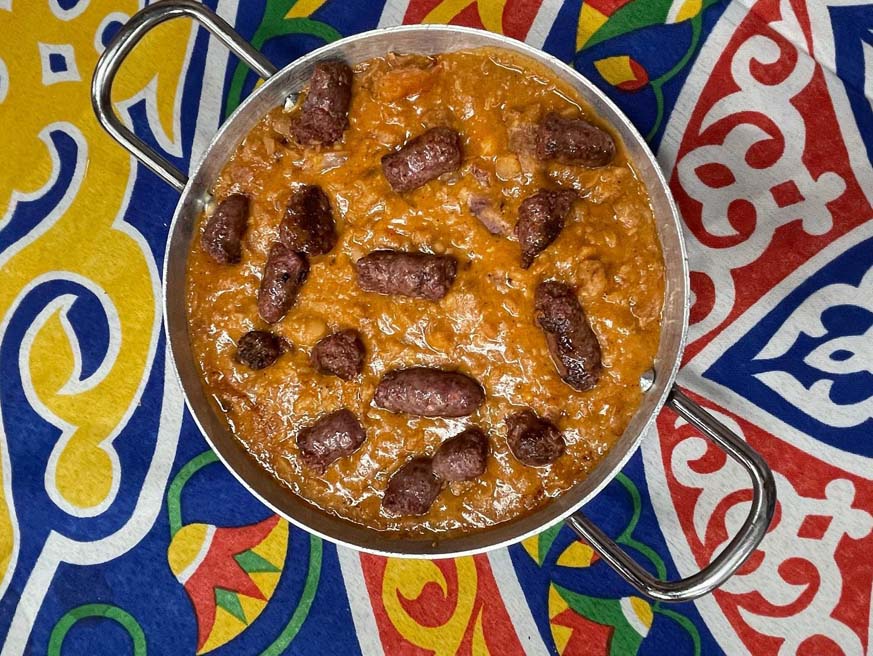
It was then that the karmic meeting with Chris Khalifa, a young half-American entrepreneur, came about. "He was the one who gave me the opportunity to start exploring our gastronomic heritage, igniting in me a passion that has never faded." Zooba was born in 2012 and quickly spread. But it’s not the end game for Elrefaey: “It’s fascinating to wonder what people ate when the pyramids were built. I asked a scientist to help me study the hieroglyphics and try to decipher the recipes. We discovered some brilliant original dishes and the exact ingredients of their bread, what we now call 'sourdough'. Surprisingly, it is the same one my grandmother used to make so many years ago.”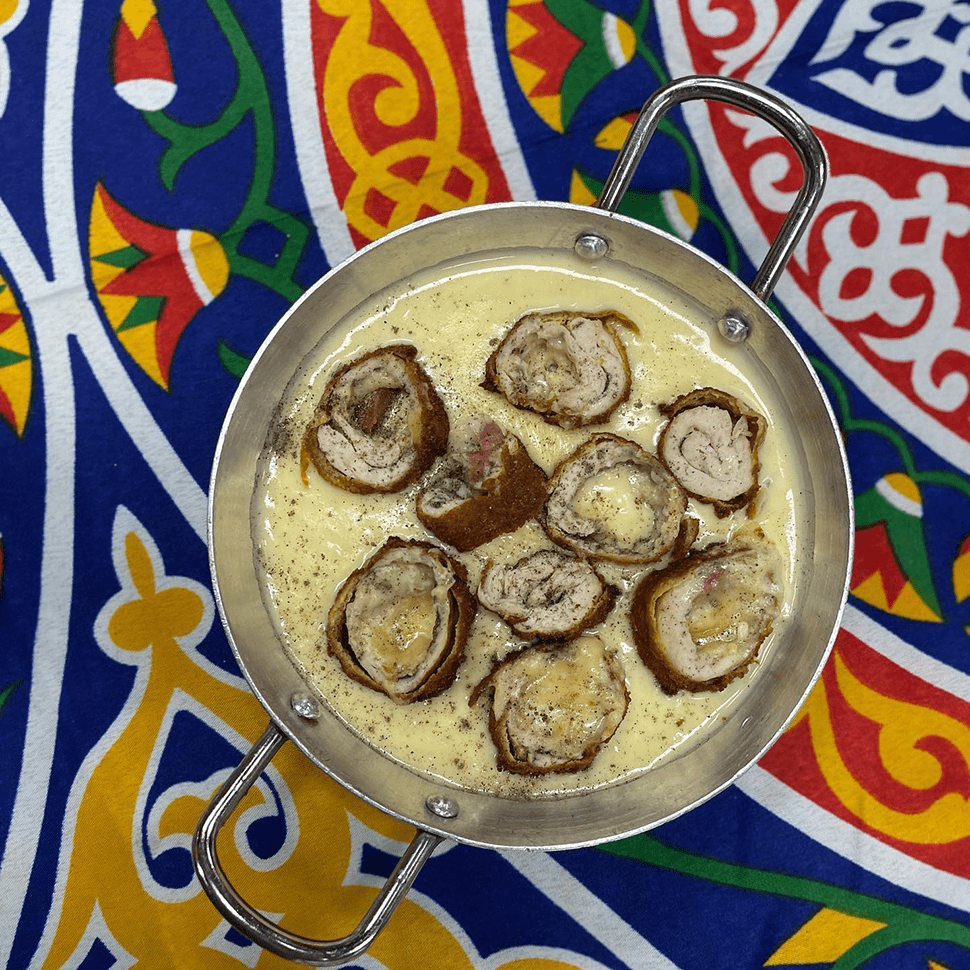
Source: theworlds50best.com
Find the article here
